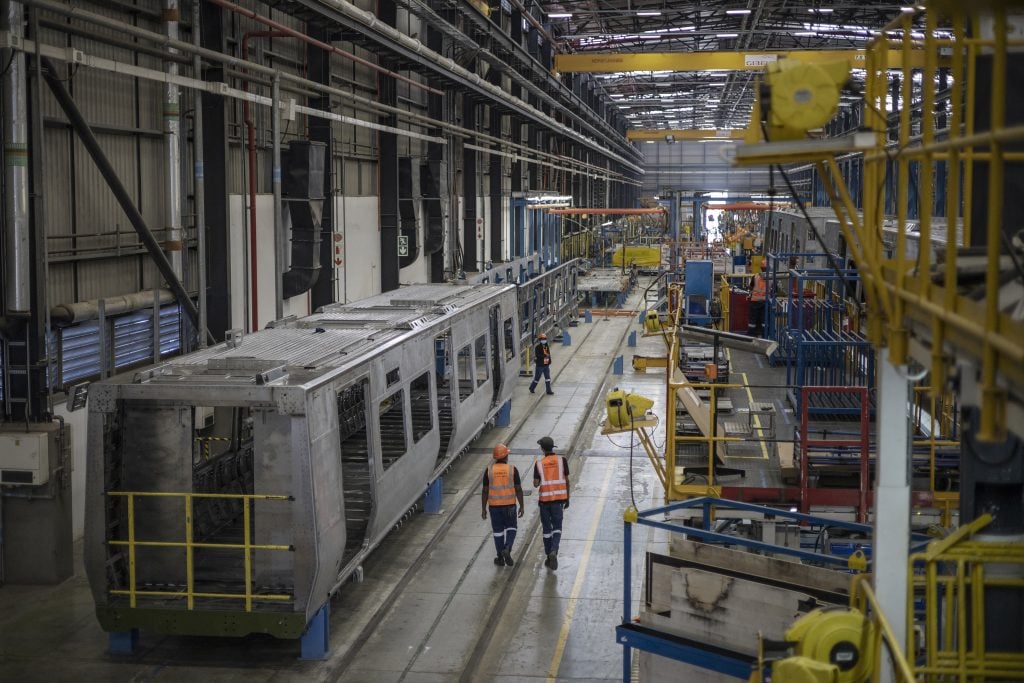
On 24 May 1963 Ghanaian president Kwame Nkrumah addressed his 32 fellow post-independence presidents in Addis Ababa, Ethiopia on the eve of the formation of the Organisation for African Unity (OAU), the forerunner to the African Union (AU). The agenda was simple: Africa must unite or perish. In his speech Nkrumah outlined a clear agenda for a peaceful, united and prosperous Africa: a common market for Africa; a common currency; a monetary zone; common citizenship; a common system of defence; and industrialisation.
What those leaders did not foresee was that 50 years later, in 2013, the presidents of the 54 countries of a now ostensibly independent Africa would once again gather in Addis Ababa, Ethiopia, to mark the moment by asking for another 50 years to advance the 1963 vision – under the guise of Agenda 2063.
This is a vision for a “peaceful, united and prosperous” Africa, to rescue the continent from persistent instability, poverty, inequality, over 30% joblessness, more than $1 trillion in development aid in the past 50 years and chronic external debt estimated at $1.15 trillion as of the end of 2023. It is essentially the African forefathers’ dream deferred.
Notwithstanding the theory that a vision should be beyond one’s grasp, the AU’s Agenda 2063 is akin to “kicking the can into the future”. No-one around that 2013 table is likely be alive to be held accountable in 2063.
According to a recent analysis by Development Reimagined, only Libya, Eritrea and Botswana have not gone cap-in-hand to the IMF. Kenya has gone to the IMF 23 times and seen the wrath of Generation Z, who would have no part in their future being mortgaged by the West and East. Recently China, which has over-burdened Africa with debt in exchange for resources, threatened to take over the Zambian airport when the country defaulted on its debt.
Despite the continent’s vast arable land, sub-Saharan Africa has battled to feed its own, with a spiralling food import bill that reached $43bn in 2019 for, among other things, agricultural commodities and products fit for human consumption, according to the Brookings Institution.
‘You must produce yourself into equality’
“Africa,” as Tanzanian-Kenyan academic Ali Mazrui aptly observed, “consumes what it doesn’t produce, and produces what it doesn’t consume”. As Amos Wilson put it, “you cannot consume yourself into equality. You must produce yourself into equality.”
The Brand Africa 100: Africa’s Best Brands study that I have undertaken over the past 14 years has established that less than 20% of the brands that Africans admire are made in Africa. Simply put, Africans reject most of what’s made in Africa.
For Africa to be truly independent, there is a need for a radical rethink of its economy and ecosystem.
The African Continental Free Trade Area (AfCFTA) was ratified in 2018 in Rwanda to leverage the advantage of our growing 1.4bn-plus population, that is largely youthful, and our collective $3.5 trillion economy, to drive intra-Africa trade from 15% to 50% by 2030.
All this may become a pipe dream if we don’t rethink our economic ecosystem.
It is not by chance that Singapore, often cited as a 20th-century development success story, was able to transform its fortunes in a generation. Lee Kuan Yew, who founded modern-day Singapore after its independence in 1965, believed that Singapore’s growth was inspired by the shared values of its different ethnic and religious groups, higher standards of education, meritocracy at every level – and directing state funds to build and grow the anchor domestic sectors of shipbuilding, electronics and banking.
As Jay Naidoo, the former South African minister without portfolio in Nelson Mandela’s cabinet, once put it: “everyone has an agenda for Africa, but Africa has no agenda for Africa.”
A sound domestic agenda drives prosperity
On his last day of office in 1933, US president Herbert Hoover signed the Buy American Act, requiring purchasers using federal funds, or of goods for public use, to prefer US-made products whenever possible. President Joe Biden in 2021 issued Executive Order designed to help US businesses in key industries become more competitive, and provide more job opportunities for American workers. A product is considered American-made if its components account for 60% or more of the product’s cost, growing to 75% by 2029. Imported goods and services now amount to less than 5% of US public sector procurement.
Threatened by what it sees as unfair competition from the likes of China, where it procures 95% of its solar panels and which controls 96% of global solar wafer production, the European Union is edging towards a “Buy European Act” to boost that continent’s market share, support its industries, reassert its economic leadership and secure its technological future. There are several arguments over whether such Acts are good for competition or offer a better deal for consumers. For consumers, they arguably help to create domestic job opportunities and a market for locally-manufactured goods and services.
We have allowed Africa to be a dumping ground for western and eastern products and ideas. According to an analysis by the authors of the recent award-winning book How Africa Trades, Africa’s exports as a share of world trade, mostly fuels and resources, have declined from a high of 5% in 1965 to just above 2% in 2020.
While obviously in a modern world economy Africa, like the rest of the world, cannot exclusively go alone and reject anything and anyone not African, there is an urgent need for re-balancing the terms of engagement, while ensuring our markets remain competitive, open and independent.
With the UN estimating that by 2100 Africa will account for more than 3.5bn of the world population and be 62% urbanised by 2050, and with its GDP outpacing the world, the opportunity is here and now – not in 2063. There is an urgency for a visionary and proactive agenda “for Africa by Africans”, to transform this opportunity into a truly prosperous and united Africa.
While Africa comprises 54 diverse nations at different levels of development, it is conceivable that it can go beyond the differences of languages, cultures, sizes and colonial era borders and unite under a common African citizenship and shared values of humanity, resilience, hospitality and resourcefulness to work toward a pro-Africa agenda.
Time to buy African
If the AfCFTA is to succeed – and Africa is to become truly economically independent – then it is time for the AU to drive a pan-African Buy African Act. With the recent Brand Africa 100: Africa’s Best Brands revealing that 64% of Africans believe in Africa, but only 14% buy African, it is time for African consumers not just to chant slogans about being African but to walk the talk and buy African. It is time for African governments to promulgate legislation to drive a pro-Africa procurement agenda and insist that at least 50% of all sourcing is local.
For the sake of our economic and political independence we must industrialise, and a starting point should be to enact a Buy African Act.



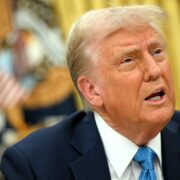
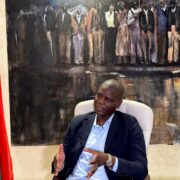



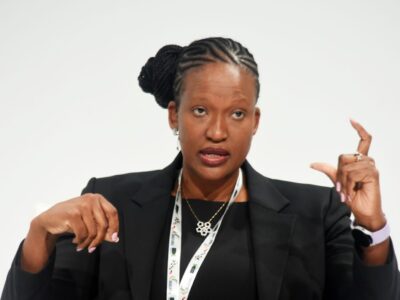
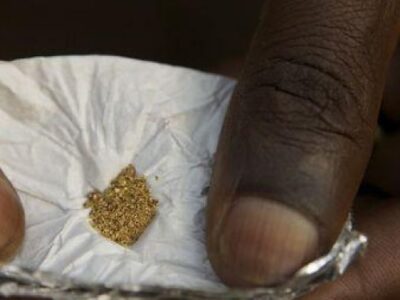

Comments